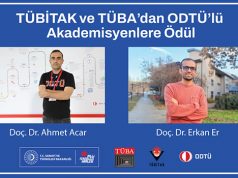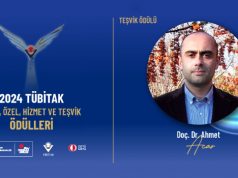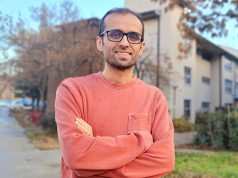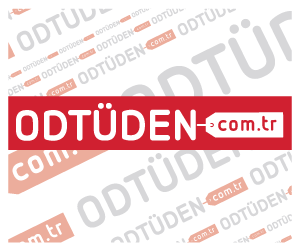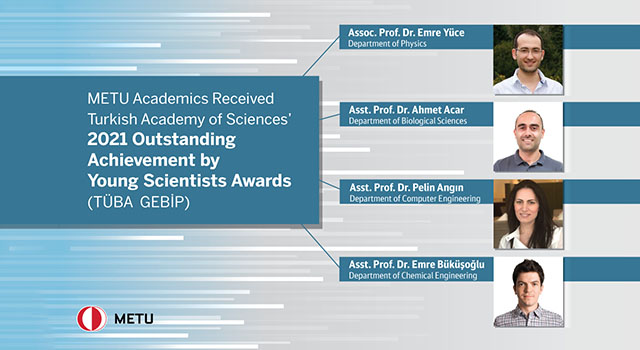
Four researchers from the Middle East Technical University have been given the Outstanding Young Scientists Award 2021 (GEBİP) by the Turkish Academy of Sciences (TÜBA).
Assoc. Prof. Emre Yüce from the Department of Physics and Asst. Prof. Ahmet Acar from the Department of Biological Sciences received the GEBİP award in the field of Life Sciences, while Asst. Prof. Pelin Angın from the Department of Computer Engineering and Asst. Prof. Emre Büküşoğlu from the Department of Chemistry were deemed worthy of the award in the field of Engineering.
In addition to encouraging young scientists of our country to conduct exceptionally valuable studies, the Outstanding Young Scientists Award Program aims to support young scientists, who stand out with their high-quality scientific studies, in carrying out their research and in developing their own research groups, as well. Within the award program, financial support worth 30,000 TL per year for three years is provided to young scientists under 39 years old who have received their doctorate degree in any field of science and are either working or have decided to work in Turkey. Furthermore, the program also provides additional financial support worth 10,000 TL per year to the PhD students writing their theses.
Another primary objective of this award program is to create a network of highly successful young researchers and their groups working in the fields of social sciences, life sciences, medical sciences, and engineering. With such a network that is renewed every three years, the program aims to contribute to the scientific development of our country by creating a generation of outstanding researchers competent in their fields.
The studies conducted by our award-winning academics are as follows:
Asst. Prof. Ahmet Acar
Dr. Ahmet Acar conducts studies on drug resistance in cancer patients. He works on developing patient-specific treatment approaches, including the establishment of an organoid biobank, which will be the first of its kind in Turkey. Together with his interdisciplinary working group, Dr. Acar aims to characterize organoid samples consisting of treatment-resistant cancer cells by using a new generation sequencing method.
Asst. Prof. Pelin Angın
The advancements in cloud computing systems in the recent years have led to the development of applications based on microservice architecture that run on structures called containers. On the other hand, efforts to make non-high performing containers resistant against the increasingly intense cyber-attacks have not been so successful. Therefore, Dr. Pelin Angın works on developing machine learning-based models that are capable of automatic attack detection and prevention for software-defined container networks in the cloud. These models are also expected to obtain accurate results with a small amount of training data and will be further enhanced with human-in-the-loop methods.
Asst. Prof. Emre Büküşoğlu
Dr. Emre Büküşoğlu works on adding functional properties to materials by using material structures with liquid crystallinity. With his studies, he aims to investigate complex emulsions, synthesize nanostructured polymeric functional materials, and develop wearable sensor applications.
Assoc. Prof. Emre Yüce
Dr. Emre Yüce conducts a project on the programming of light in chaotic environments. Since even the slightest deviations (measured in nanometers) during the production of integrated photonic structures used for high-speed optical communication and calculation can negatively affect the functionality of these structures, it is aimed to program the light before chaotic environments with the adaptive methods to be developed in this project and thus turn these production errors into an advantage as a security door for optical communication. With the methods to be developed in this project, it will be possible to conduct high-speed optical data processing and calculations in chaotic environments.



